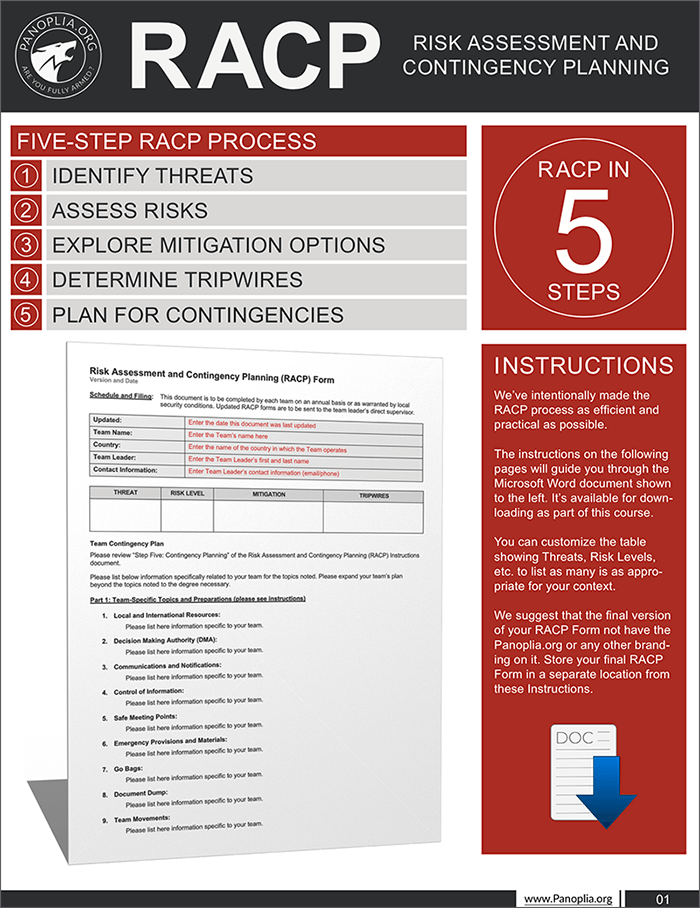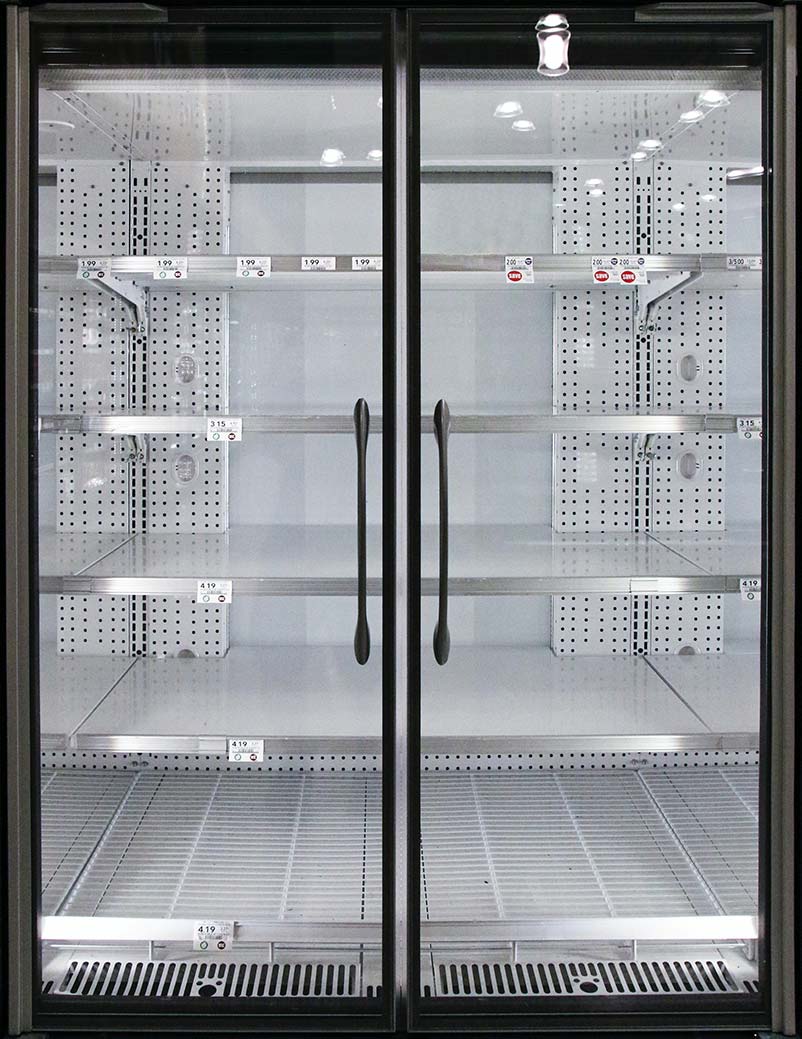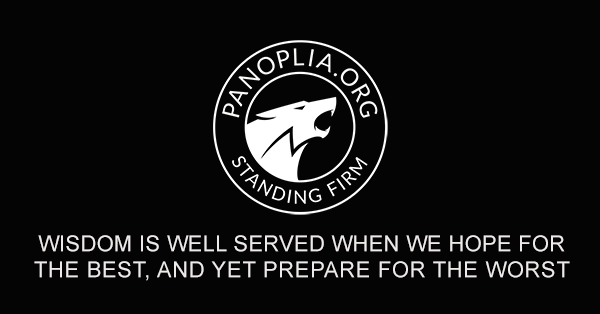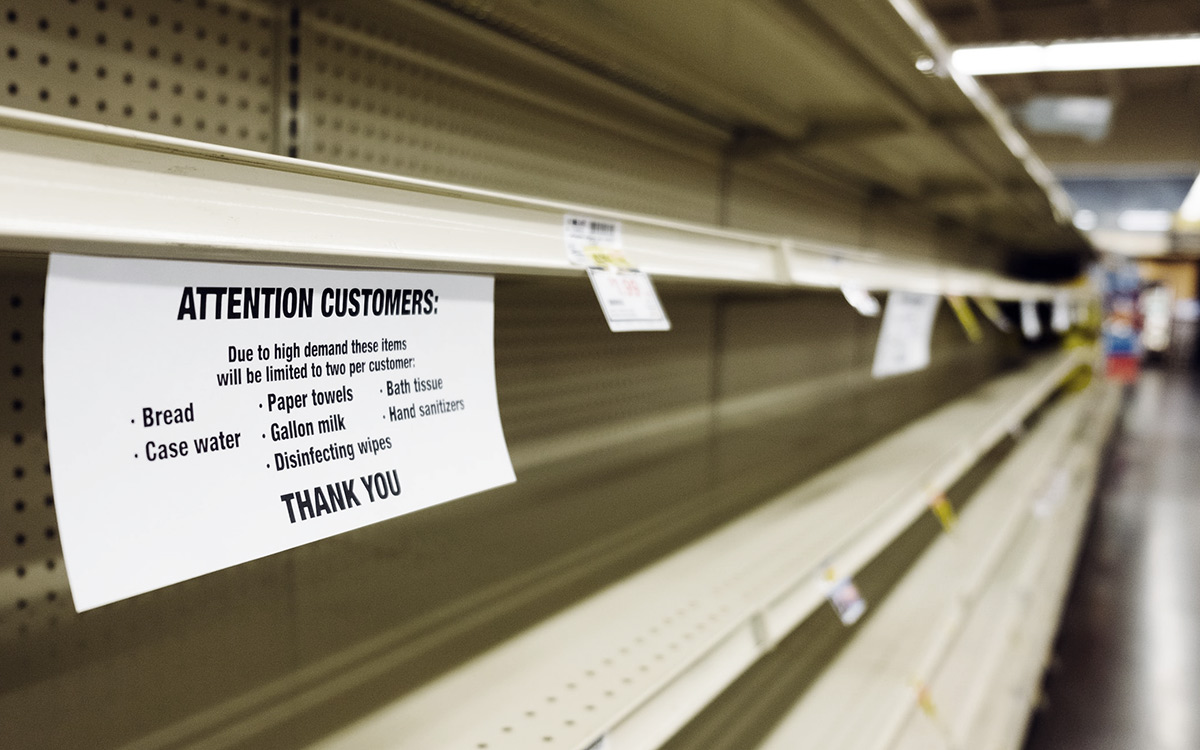I serve as Global Security Advisor for hundreds of teams operating overseas. Many serve in some of the most challenging international locations you can imagine. It’s not unusual for security incidents to take place unexpectedly, and for us to have to move quickly in response. Things generally go far more smoothly, however, when we can see things coming.
Part of each team’s responsibilities is to undertake a periodic Risk Assessment and Contingency Planning (RACP) process. We highlighted this process in an article on Panoplia.org in May 2020. We also cover it in our online Soft Skills and Tactics (SST) training course. This is intended to help anyone face challenging times at home or overseas.

This may seem like a foreign concept to those who live and operate in the western world. Things have been relatively low-risk in terms of security for the majority of Europeans and Americans for generations. Sure, there are issues from time to time, yet nothing like the risks faced by those who live or work in conflict zones or under the control of authoritarian governments. Attacks, arbitrary arrest, power outages, fuel scarcities, and food shortages are common occurrences for much of the world’s population.
The ongoing global Pandemic has taught many Americans about the necessity of being prepared. For the first time in many people’s lives, they stood speechless as they looked at empty supermarket shelves for a few weeks in early 2020. Thankfully, the supply chain kicked into high gear and the basics were available again before too long.

The reality is, however, the election less than two weeks from now has the potential to create significant disruptions again. It may be that whichever Presidential candidate wins does so with such a wide margin that the results will not be contested. Then again, if it’s a close election the results may not be known for weeks or months. No matter who wins, there will be millions who are disappointed, and hundreds of thousands who are enraged. There is the potential that the kind of unrest and chaos that have become common in some large cities might be more widespread than we can at this point imagine.
We very much hope that things go smoothly, and that there are no disruptions to the normal way of life in the United States. And yet, we suggest that today represents an outstanding opportunity for you to understand the necessity for contingency planning that’s so necessary for those who live long-term in very challenging areas. In fact, we challenge you to test your readiness for an incident that may cause significant supply disruptions and possible widespread unrest.
For the sake of a security exercise, let’s assume that we’ve gone through the Risk Assessment and Contingency Planning (RACP) process, and that we’ve determined there’s a high risk of food and fuel shortages taking place beginning on November 4, 2020. In such a scenario, those who are not prepared in advance will be forced to leave their homes in search of food, water, and other necessities. They’ll have to venture out into areas where rioting, looting, and various other forms of unrest are taking place every night. During the day, gangs of youth are roaming around looking for places they can break into and find supplies.
Could you survive, preferably in relative comfort, if it took five weeks until things started to return to normal and you could once again safely leave your home? Would you have enough food, water, medications, cash, and other necessities on hand to “shelter in place” for five weeks? Could you defend your home and family if groups of young, strong men started carrying out home invasions in your neighborhood?
If the answer to any of these questions is no, you have two weeks starting today to prepare. You’re tasked with doing so without panicking or drawing unnecessary attention to yourself. None of your actions should alarm others, including your family members, and no one outside your home should have any way of knowing that you’re making preparations, or that anything has changed. More information on these and many related topics can be found in the SST course, and by exploring our weekly security posts.
We challenge you to prepare in this way as an exercise. It’s likely that things will go relatively smoothly, and that you’ll simply have things on hand and will have to do a bit less shopping in the weeks to come. And yet, if things don’t go the way most hope they will, you’ll be among the relatively very few who are prepared. Your family will benefit from your foresight and wisdom. Again, it’s likely that your contingency actions will not have to supply you for five weeks, yet in the unlikely event that things do get challenging your efforts may just save the life of someone you love.

So, are you up to the challenge? Let us know in the Comment section below if you think you’re ready to shelter in place with your family for five weeks, if you plan to “bug out” before the elections, or if you’ve prepared for the elections in any other way. As we tell our teams serving overseas, wisdom is well served when we hope for the best, and yet prepare for the worst.




0 Comments